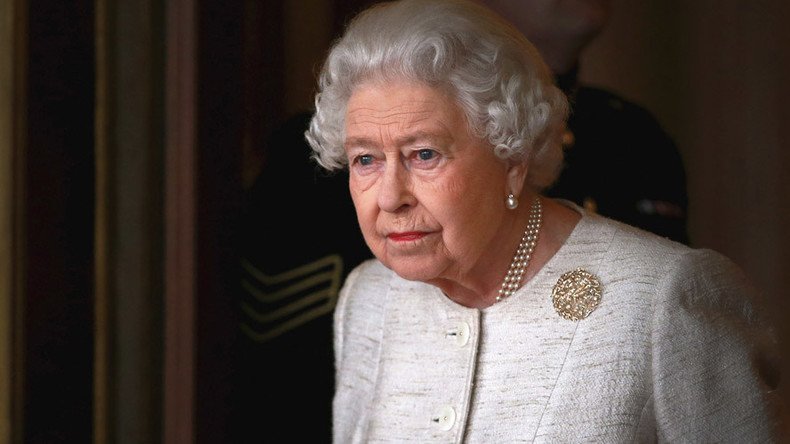British Republic by 2030? Historian predicts dying days of UK monarchy

Britain’s monarchy will be embattled and in its dying days within 15 years because current support for the throne is deeply tied to Queen Elizabeth II, a historian has predicted.
Dr. Anna Whitelock of Royal Holloway, University of London, said important questions about the relevance of monarchy in Britain have been muted out of respect for Queen Elizabeth II’s long reign.
Whitelock, who is also director of the London Centre for Public History, predicts as the older generation dies out there will be a new debate about the role and purpose of monarchy.
“I think there’ll be a discussion and a debate in a way that there hasn’t before,” she said.
Australian leaders ready to drop the Queen now https://t.co/XNRNS7FdORpic.twitter.com/nf0m0tDjjz
— RT UK (@RTUKnews) January 25, 2016
“As the older generation, who are generally more wedded to the monarchy, die out, the question of the future of the monarchy will become even more pressing, and then potentially more critical voices will come to the fore.
“I would say by 2030 there will be definite louder clamors for the eradication of the monarchy. I can’t say that there won’t be a monarchy. I would definitely say that the monarchy – its purpose, what it’s about, will be questioned and challenged in a way that it hasn’t been before.
“I don’t think it’s out of the question that the monarchy would be potentially be on its last legs,” she added.
British support for Queen Elizabeth II stood at 90 percent in 2012, and has averaged at 73 percent since 2005, when Prince Charles married Camilla Parker-Bowles.
Elsewhere in the Commonwealth, support for the monarchy has waned in recent years.
MPs almost ditched ‘God Save the Queen’ for England-only national anthem https://t.co/ZNehjlj39npic.twitter.com/8yXuLhxOKc
— RT UK (@RTUKnews) March 4, 2016
In January, seven of Australia’s eight state and territory leaders signed a declaration urging for a homegrown head of state to replace Queen Elizabeth II.
South Australian Premier Jay Weatherill said it would be “the ultimate act of respect” on the Queen’s part if she oversaw the transfer.
“She could do it in the elegant and expert way in which she has handled her relationship as head of Australia. I mean if you think about it, what are we waiting for? Are we waiting for her to die? I would have thought that it’s much more respectful to have her supervise this transition,” he told ABC.
Whitelock said the British public remains attached to Queen Elizabeth II because it believes she has worked hard during her reign.
Diamonds aren’t forever: Indians sue Britain for return of Queen’s ‘Koh-i-Noor’ crown jewel https://t.co/TkcplZkNnUpic.twitter.com/0w5ChB8vCv
— RT UK (@RTUKnews) November 9, 2015
“Whether you are a monarchist or not, and even fervent republicans, I think, no one is saying whilst the Queen is alive the monarchy should be abolished,” the historian said.
“Everybody, given her constancy and given her selflessness, thinks she’s a pretty amazing woman, regardless of where you stand on the monarchy debate.
“After [her death], I think it’s going to be a free-for-all.”












